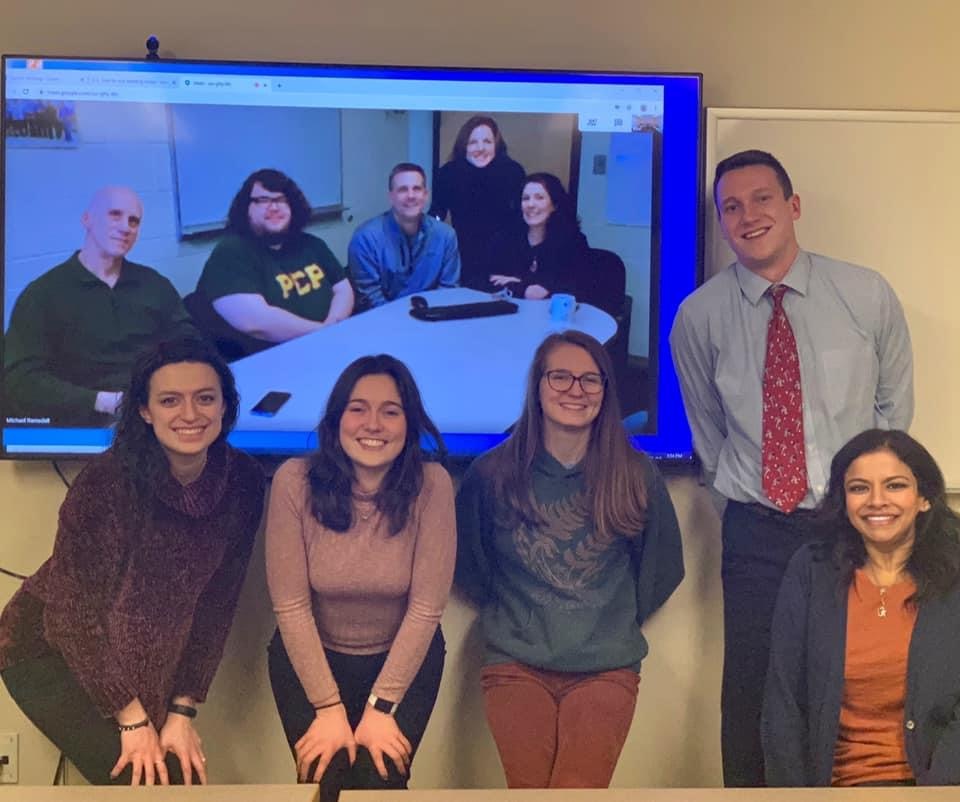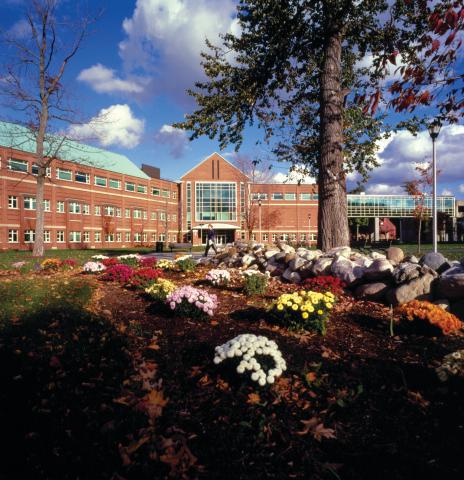Across the nation, there is a shortage of high-quality STEM teachers in rural communities. However, to date, relatively few resources have been allocated toward improving teacher education to prepare teachers to work in rural settings. Clarkson University has partnered with 13 other rural-serving institutions for an NSF grant aimed to address STEM teacher workforce challenges by focusing on how educator preparation programs (EPPs) support rural STEM teacher recruitment, retention, and persistence.

The Rural Teacher Persistence and Retention (TPR)2 project is a four-year collaborative research project investigating educator preparation for high-needs rural classrooms across the U.S. Researchers will work to identify the features of the educator preparation programs (EPP’s) that have an impact on STEM teacher’s decisions about teaching in rural schools regarding their: (a) intention to teach, (b) initial employment, (c) retention, and (d) persistence through a combination of qualitative (documents analysis, interviews, course and program data) and quantitative (program completer surveys, employment) data collection for over 200 program completers in each of three cohorts.
“Rural school districts present different challenges to teachers, particularly with STEM resources and professional development. We hope to prepare, retain, and graduate well-prepared Noyce scholars so they can work and contribute to these under-resourced communities. My colleagues (Drs. Kavanagh, DeWaters, Galluzzo, and Ramsdell) and I have a variety of experiences working with rural schools and look forward to this new project,” said Dr. Seema Rivera, Associate Director of the Institute for STEM Education, and a STEM Education assistant professor in the department of education at Clarkson.
Researchers theorized that if EPP’s explicitly address the strengths and challenges of rural teaching and stereotypes about rural places, focus on place-based instruction and rural field experiences, and recruit from rural or online delivery, then those who complete the EPP’s may be more likely to choose and continue to teach in rural schools.
Another goal of this project is to develop and disseminate resources for rural-focused STEM educator preparation that have been shown to support rural STEM teacher persistence and retention.

